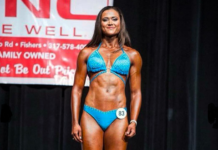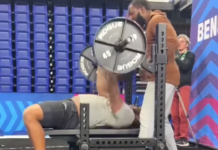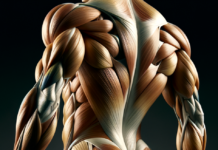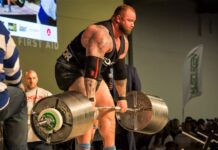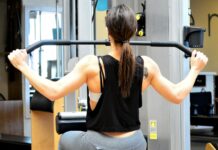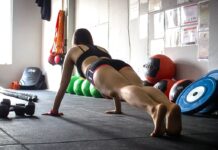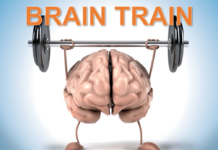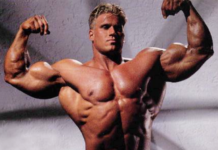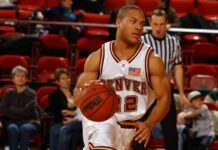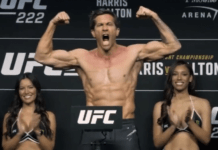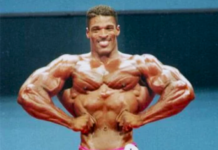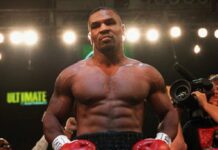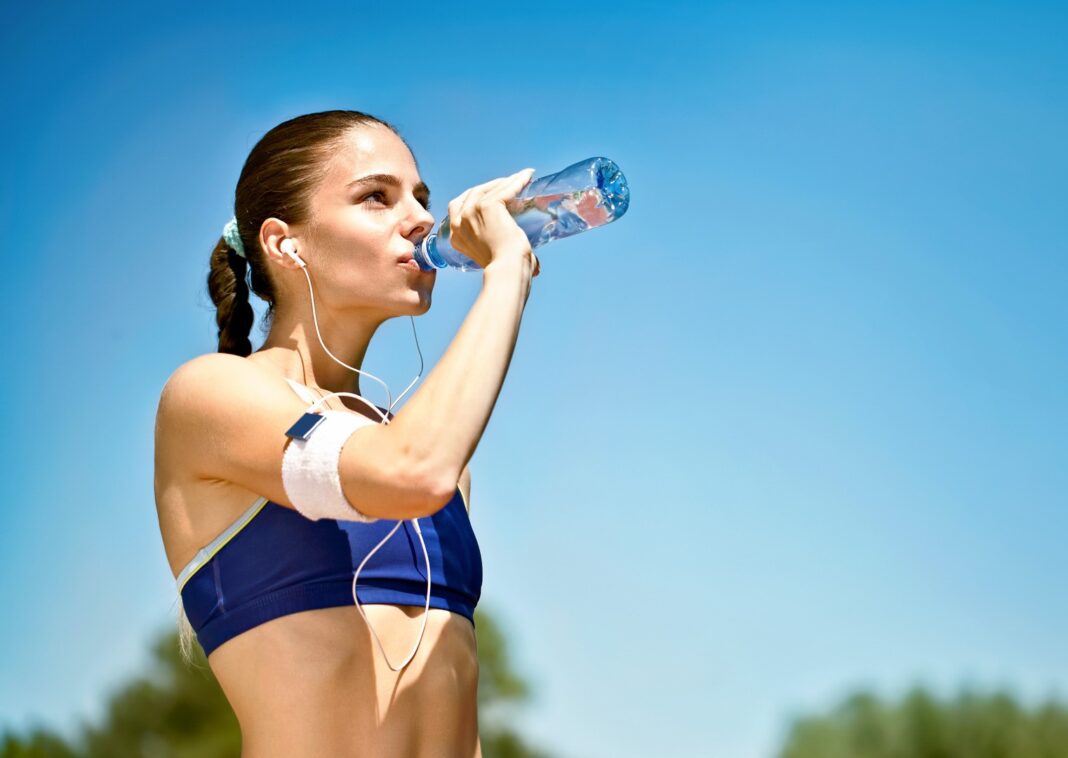Do electrolyte drinks help workouts? It started in 1965 when a team of scientists developed a drink to help replenish electrolytes sweat out during practices and games by the University of Florida football team, the Gators. Gatorade was born. Ever since, and fueled by the ’90s “Be Like Mike” ads starring Michael Jordan, Gatorade Thirst Quencher and similar sports drinks have been associated with athletic success. But what does the science say about electrolytes? Should you be replenishing them before, during, or after workouts?
WHAT ARE ELECTROLYTES?
An electrolyte is a mineral that becomes electronically conducive in water and is essential for body function. They regulate muscle contractions, keep you hydrated, control nervous system functions, and balance your pH levels (the measure of acidity and alkalinity). Potassium, sodium, magnesium, calcium, and chloride are all electrolytes. You lose them through sweat and urine (and rapidly, when ill, diarrhea and vomiting). Diuretics, including alcohol, can also rapidly diminish electrolytes. You replenish electrolytes through the food you eat and fluids you drink.
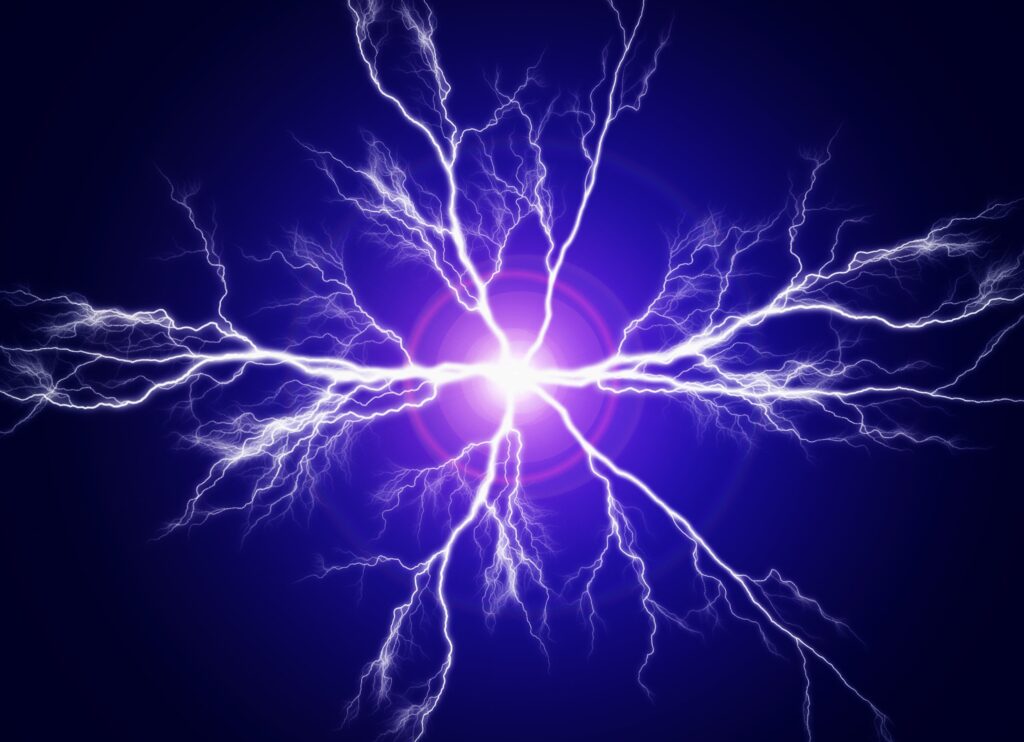
CALCIUM
Helps with muscle contractions, never signaling, blood clotting, cell division, and forming and maintaining bones and teeth.
CHLORINE
Maintains fluid balance.
MAGNESIUM
Helps with muscle contractions, proper heart rhythms, nerve functioning, bone-building and strength, digestion, reducing anxiety, and keeping a stable protein-fluid balance.
POTASSIUM
Keeps blood pressure levels stable, regulates heart contractions, helps with muscle functions.
SODIUM
Helps maintain fluid balance, needed for muscle contractions, helps with nerve signalling.
SIGNS OF ELECTROLYTE IMBALANCE
◾️ Muscle cramps
◾️ Muscle spasms
◾️ Heartbeat changes
◾️ Digestive issues
◾️ Bone pains
◾️ Anxiety
◾️ Trouble sleeping
◾️ Confusion, dizziness, irritability
ELECTROLYTE DRINKS: CRAMP PREVENTION
Let’s first address electrolytes as a preventive measure against cramps. Precisely what causes cramps when exerting in hot conditions is still open to debate. But even if you’re in the electrolyte deficit camp, there are still the questions of which electrolytes and how much.
Sports nutritionist Ellen Coleman says, “Some athletes think potassium or magnesium help combat cramping due to excessive sweat loss, however fluid and sodium depletion is more likely the cause. The amount of magnesium lost through sweat is negligible, making magnesium supplementation unnecessary. Magnesium and potassium are stored in the body, so deficits are rare.”
A full spectrum of electrolytes certainly won’t hurt with cramp prevention, but it likely won’t help unless you have a dietary shortage. Hydration and stretching are the two best preventive measures for cramping.
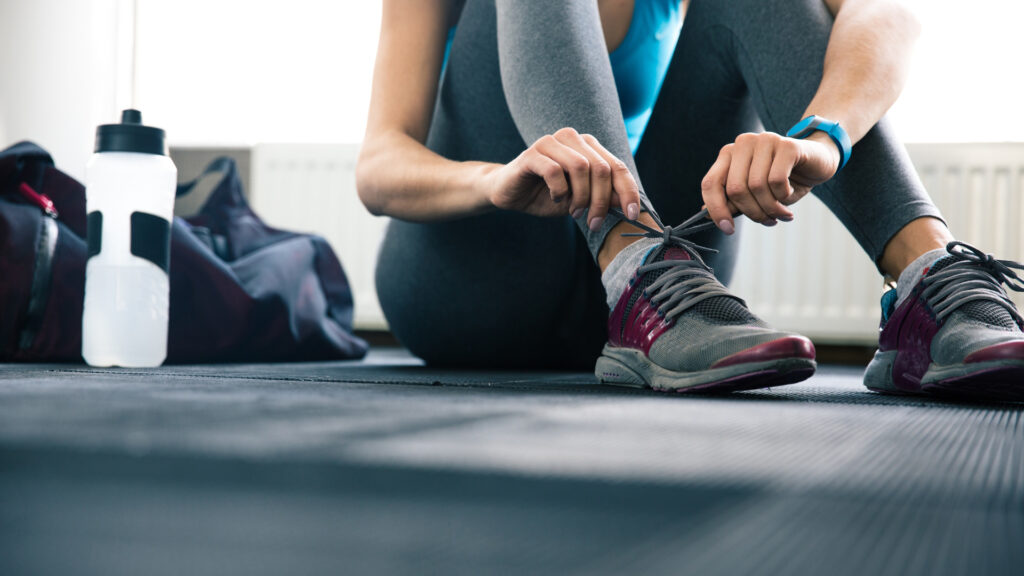
ELECTROLYTE DRINKS: WORKOUT PERFORMANCE
New research, presented at the American College of Sports Medicine meeting, tested the effects of electrolytes on cardio workouts, as 34 subjects stationary cycled against progressively greater resistance until reaching exhaustion. Before the test, one group drank a carbohydrate sports drink with electrolytes (chromium, magnesium, potassium, sodium) plus vitamins B-12 and C; the other downed the drink without electrolytes. The groups showed no meaningful differences in performance, heart-rate, or perceived effort.
Those results mirrored an earlier study with a sports drink unfortunately named, Outlast, which seems to have not lasted.
Endurance athletes benefit from electrolyte-loaded, sugary drinks, though it’s unclear how much to credit the minerals and how much to credit the fast-acting carbs. But the electrolytes in such drinks seem to have no significant benefit on shorter, non-endurance workouts. Still, if you’re sweating through 90 minutes of lifting, you will need to replenish the lost electrolytes. Although this is accomplished by a typical, healthy diet with plenty of unprocessed, whole food, you can always get a head start and drink those electrolytes during your training session or just before or after.
ELECTROLYTES BEFORE A WORKOUT: RECOMMENDATION
We’ll leave Gatorade and its imitators aside, because many of their formulas are loaded with sugar—a positive if you need fast-acting carbs to fuel the second half of a basketball game, a negative if you’re grinding out cardio to scorch calories and sculpt abs. A 20 oz. bottle of Gatorade has 21 g. of sugar, about half as much as a can of Coke, but a lot, nonetheless. There are, however, a wide variety of low- or no-sugar electrolyte powders, pills, gels, and drinks to choose from. A recent survey highlights the rising popularity of such hydration products.
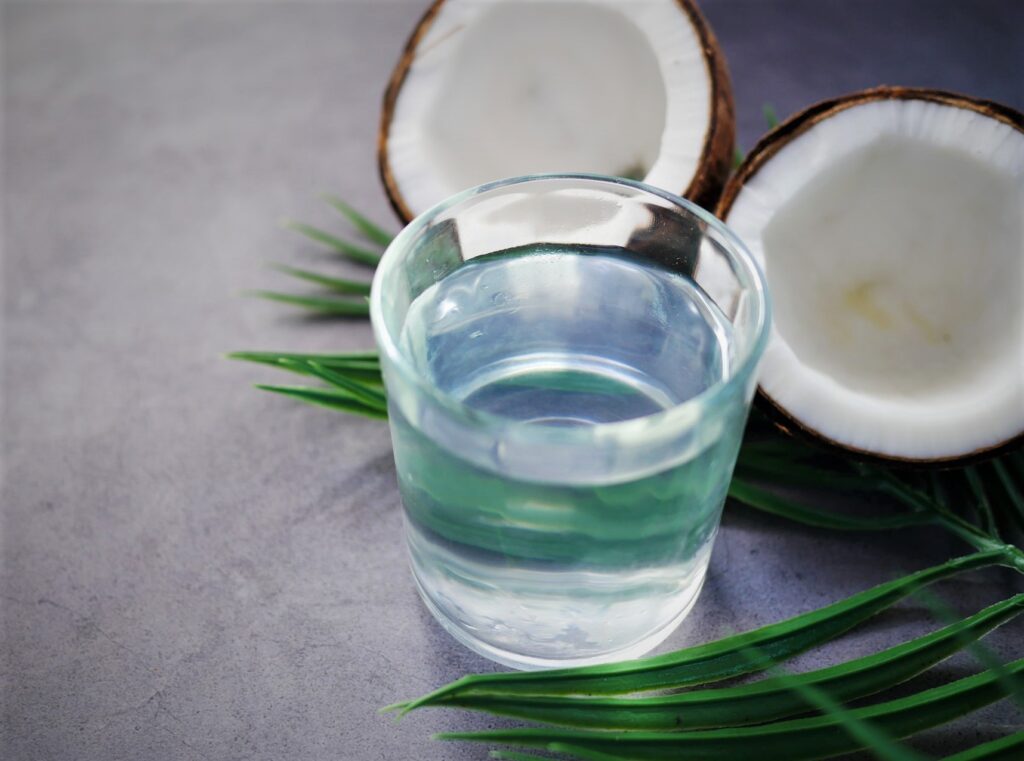
Those products are, as a whole, not bad. However, The Barbell recommends a (usually) cheaper alternative, nature’s Gatorade: coconut water. Available in liquid or powder form, coconut water is lower in sugar (9 g. per 12 oz.) but high in potassium. Note that it’s also low in sodium. Mix the coconut water with an equal amount of pure water and add a pinch of salt to every 12 oz. Salt contains not just sodium but also potassium, calcium, and magnesium. Coconut water, or any electrolyte/hydration drink, won’t charge up your non-endurance workout. However, in addition to keeping you hydrated, it will help recharge the electrolytes you’re shedding. You can drink it just before, during, and just after your workout.
